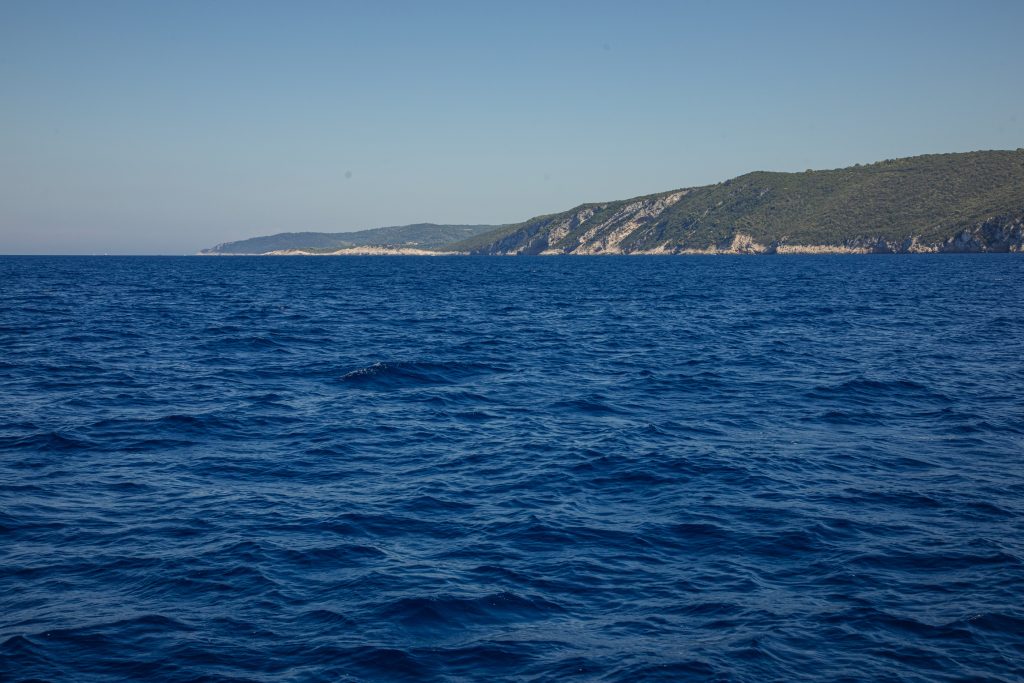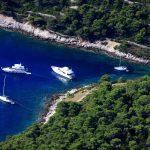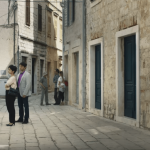The association, environmentalists, and experts warn that the higher temperature of the Adriatic Sea, the fewer indigenous species. Thus, stocks of small pelagic fish — sardines, anchovies, or picare — are dwindling in the eastern Adriatic part, and those fish are important not only for the diet of local inhabitants but also as the fodder of larger fish.
In addition, local fishermen who have first-hand insight into fishing stocks say that for instance, the average size of sardines turns out to be smaller than before. For instance, a kilo of this fish used to encompass about 24 pieces of sardine, while now 40-50 sardines weigh a kilo.
The Komiža-based Pomalo NGO has launched the project called “Neptune’s Children” to help local inhabitants, particularly fishermen, to be more successful in dealing with the challenges stemming from climate change.
The association’s head Igor Mataić has told Hina that fisheries are one of the rare local business activities that can provide revenues around the year.
The association in cooperation with the Institute of Political Ecology and the Zelena Akcija NGO started implementing the project which includes workshops about climate change and about sustainable fishery management.
Experts also warn that the Adriatic Sea is a semi-closed ecosystem susceptible to climate change, and changes in temperature, salinity, oxygen levels, and sea currents have repercussions for biodiversity.
Professor Branko Dragičević has told Hina that the Adriatic ecosystem can be endangered by new poisonous fish such as silver-cheeked toadfish, red lionfish, and other predatory fish that can also be dangerous for people.
Local fishermen say that when it comes to invasive species they have come across Mediterranean parrotfish, grey triggerfish, African sailfin flying fish, or yellowmouth barracuda.
For more, make sure to check out our dedicated lifestyle section.











